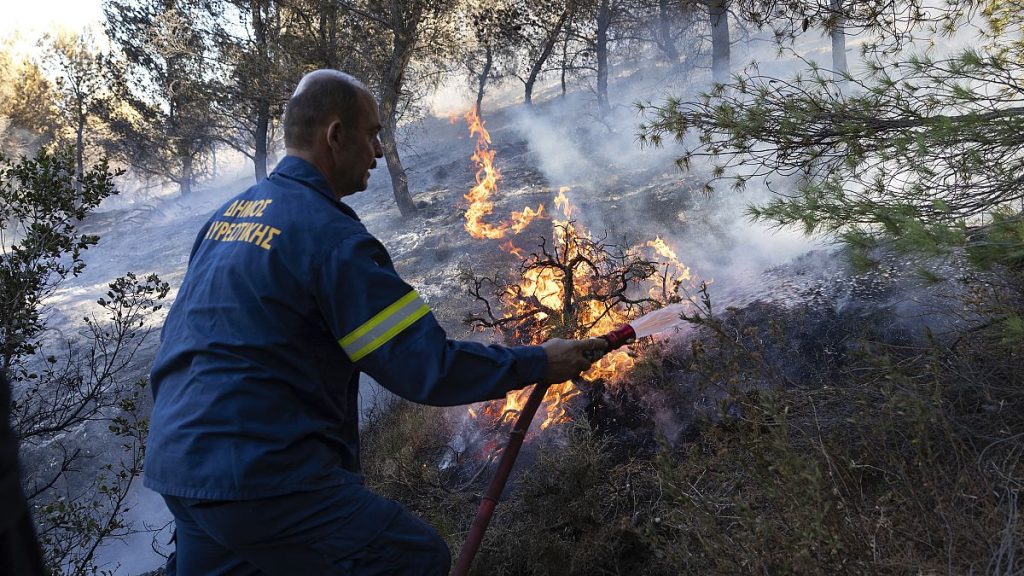Environmental activists are challenging the European Commission’s refusal to consider a greenhouse gas emissions cut of more than 55% by 2030, arguing that it may have acted unlawfully. They are emboldened by a recent legal finding that failing to effectively tackle climate change violates human rights. The European Court of Human Rights ruled that states are obligated to adopt science-based emissions targets consistent with limiting global warming to 1.5°C. Civil society groups are challenging the Commission’s administrative act of setting indicative individual national targets for each member state, arguing that the 55% target is legally flawed.
The European Commission’s 2030 target seeks to reduce greenhouse gases compared to 1990 levels and is part of the EU’s Climate Law, which aims to cut emissions to net-zero by 2050. The 55% goal is legally binding only at the European level, leaving the Commission to set indicative national targets for each member state. Environmental groups have pushed for a target of at least 65%, which would halve net emissions across the EU within the next six years. The Commission refused to model the effects of a more ambitious cut in its impact assessment before proposing the climate law in 2020, prompting the NGOs to challenge the administrative act.
The NGOs argue that the 55% target is legally flawed and the case targets not just the administrative acts but the 2030 target fixed in EU legislation, falling outside the scope of the Aarhus Regulation. They hope to set a precedent for future challenges to EU environmental law and push the Commission to align the EU’s climate ambition with the 1.5°C goal of the Paris Agreement. The case has been granted priority by the EU’s General Court, signaling the urgency of climate action, and the outcome will depend on how the court interprets the legal distinction between the administrative acts and the 2030 target.
The civil society groups have submitted final arguments to the General Court, with the Commission due to respond in the coming months. The case is expected to move to a public hearing, with a ruling anticipated next year. The Commission has called for the case to be dismissed, arguing that the 2030 target is fixed in EU legislation and falls outside the scope of the Aarhus Regulation. The NGOs are optimistic about their chances of winning the case, hoping for the first-ever climate ruling from an EU court that would establish a legal obligation for the EU to reduce its emissions rapidly. President Ursula von der Leyen has committed to proposing an interim target for 2040, with a minimum of a 90% reduction recommended by climate scientists.
Overall, the legal challenge by environmental activists against the European Commission seeks to compel the EU to take more ambitious action on climate change, aligning with the 1.5°C goal of the Paris Agreement. The case challenges the legality of the 55% greenhouse gas emissions cut target for 2030, arguing that it is insufficient to adequately address climate change. The European Court of Human Rights’ ruling on the obligation of states to adopt science-based emissions targets has provided a legal basis for the challenge. The outcome of the case could set a precedent for future challenges to EU environmental law and contribute to pushing the EU towards more ambitious climate action.


